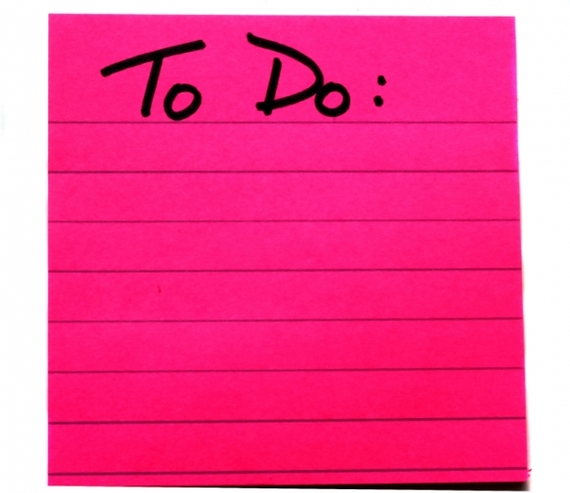In this competitive (and often intimidating) job market, the path from initial application to interview to job offer can feel like a road trip with no directions. The reality is that it takes more than just a solid resume to land a great job or internship. Similar to the college application process, it's crucial to distinguish yourself from the other applicants and to convey who you are off paper to a hiring manager who has to sift through hundreds of resumes and cover letters.
Finding ways to stand out from the competition, however, is easier said than done. We asked the experts, and they gave us the deets on the qualities hiring managers look for in particular. Whether you're submitting applications for summer internships or getting ready to apply for your first post-college gig, highlighting these skills will give you the edge you need to make your dream job a reality.
Knowledge is power, and when you're applying and interviewing for a job, it can be one of your best assets. If a hiring manager can tell that you don't know anything about the company, they may think that you're not serious about the position. Doing your research ahead of time will demonstrate your interest (and prevent you from getting caught off guard by a question you didn't prepare for!).
Familiarize yourself with the company's mission statement and values. Most importantly, be prepared to explain what it is about the company that made you want to work for them. Many companies have an "About" page on their websites, which is a great place to look for key details about the company as well as your potential boss. It's also a good idea to check out current employees' profiles on LinkedIn to get a better idea of exactly what kind of employee the company is looking to hire.
As for pre-interview preparation, showing that you have knowledge of the company can go a long way in your application. "Your cover letter should be tailored towards the specific employer and should also show that the candidate knows something about the organization and how their skills would fit," says Darlene Johnson, senior associate director of Hofstra University's career center.
She suggests incorporating words and main points from the job listing in your cover letter. For example, "if the job description calls for someone with leadership skills, the writer should make a point of discussing his or her leadership skills within the letter."
You've probably heard the phrase, "it's not what you know, but who you know" over and over again, but networking truly is the best way to get ahead in the career game. Even the most impressive resume may be overlooked when thrown into the mix of lots of strong contenders. Barry Drexler, an expert interview coach, says, "the best way to stand out is to be referred by someone. Being a relative of a senior manager, referred by an employee or referred by a client of the company is virtually a guaranteed interview."
If you know of anyone who works or has worked for the company you're interested in, be sure to contact him or her to share your interest and to ask about open positions. Although you may not know any internal employees personally, chances are someone you know does. Put that LinkedIn profile to good use and find the profiles of employees at the company. If you find a current employee who is a second- or third-degree connection, ask your intermediate connection(s) to introduce you two!
Connecting with coworkers, family friends, past employers and even alumni from your school will expand your network and introduce you to a slew of people with related career interests. Don't be afraid to put yourself out there; after all, persistence is imperative for success!
It's never too early to start thinking about where you're going to apply for summer internships and post-grad jobs and what steps you can take now to secure those positions. "Set up informational interviews with the company you want to work for well before there are even opportunities available and even before you graduate," says Vicki Salemi, a career coach and author of Big Career in the Big City: Land a Job and Get a Life in New York. "This way, when an opportunity comes up, you can follow up with the person you had coffee with to funnel your resume to the right person's inbox and put in a good word for you."
The best part about an informational interview is that it's simply a relaxed meeting between you and an employer; you're there to gain insight and advice about the industry, not interview for a position. You have nothing to lose! "You can just be yourself, and feel free to brag about your wonderful skills and experiences!" Salemi says.
Drexler also stresses the importance of acting early when it comes to applying for jobs. "Find out about openings before they are posted on the job boards, use LinkedIn effectively, register your resume on company websites and ask for exploratory interviews rather than asking for a job," he says.
Don't wait until the last minute to apply for a summer job or internship, especially if you're hoping to work for a major company that has a huge applicant pool. Companies will post summer positions online months in advance, so the sooner you start your job search, the better.
Find more ways to make hiring managers want you on HerCampus.com!



